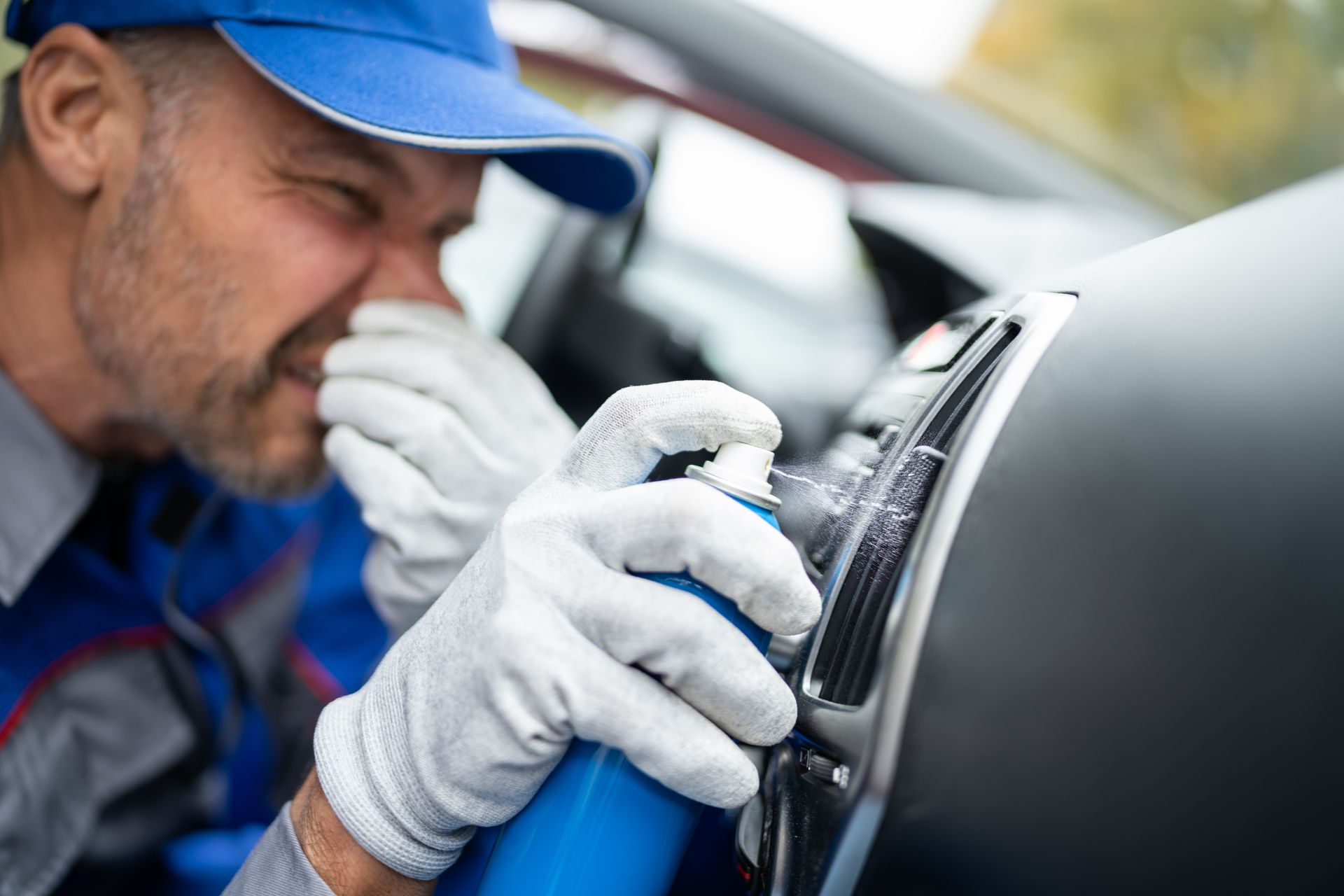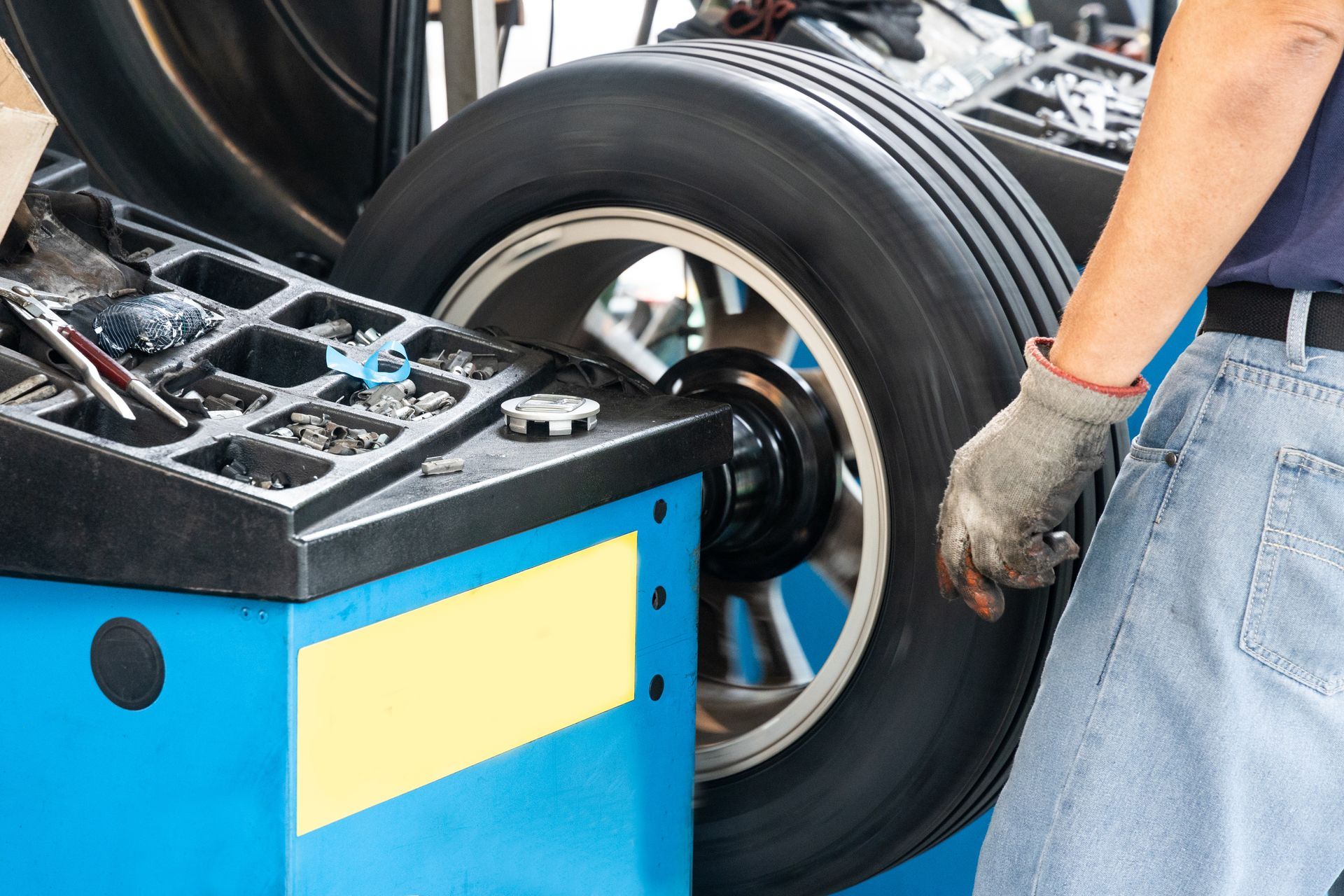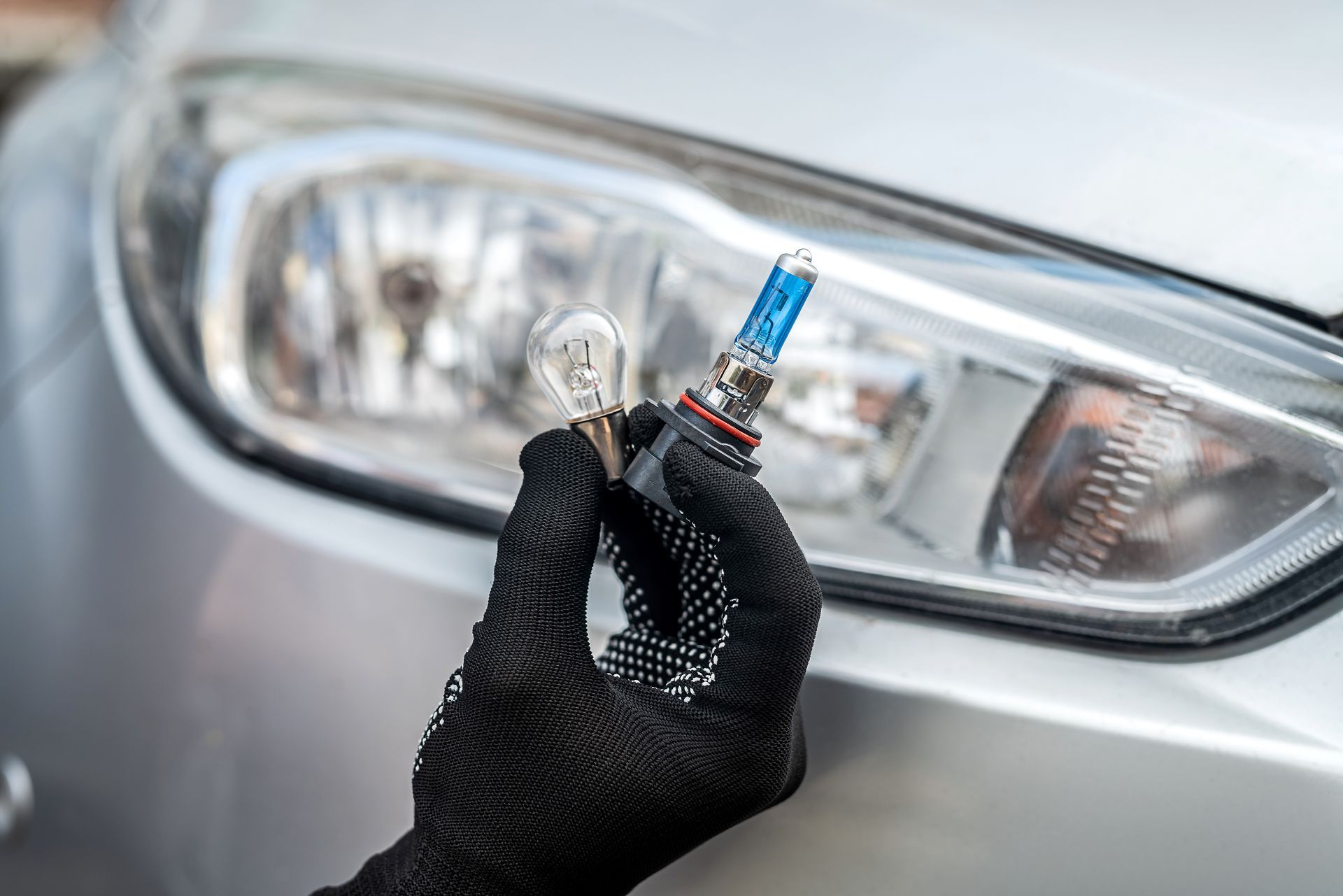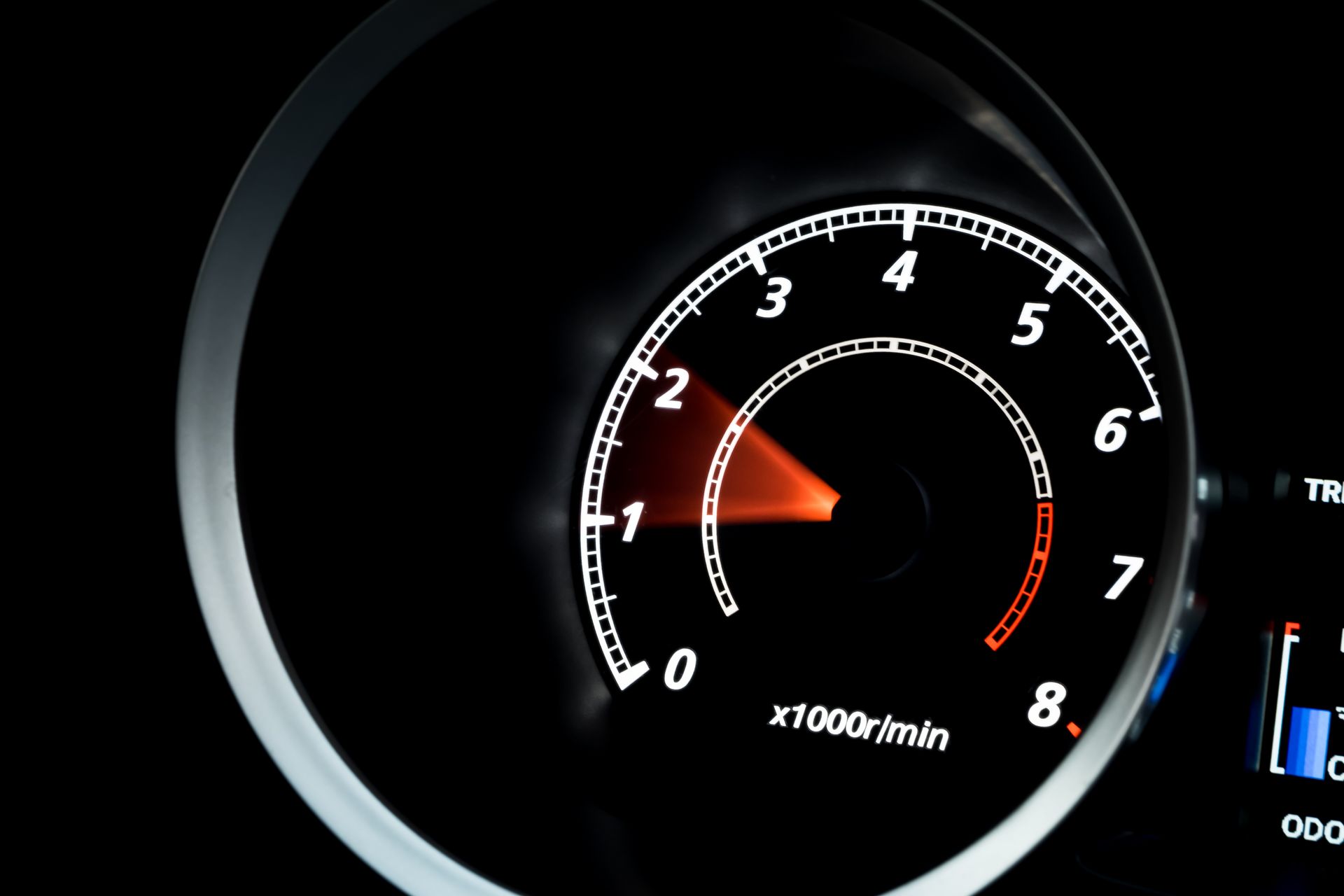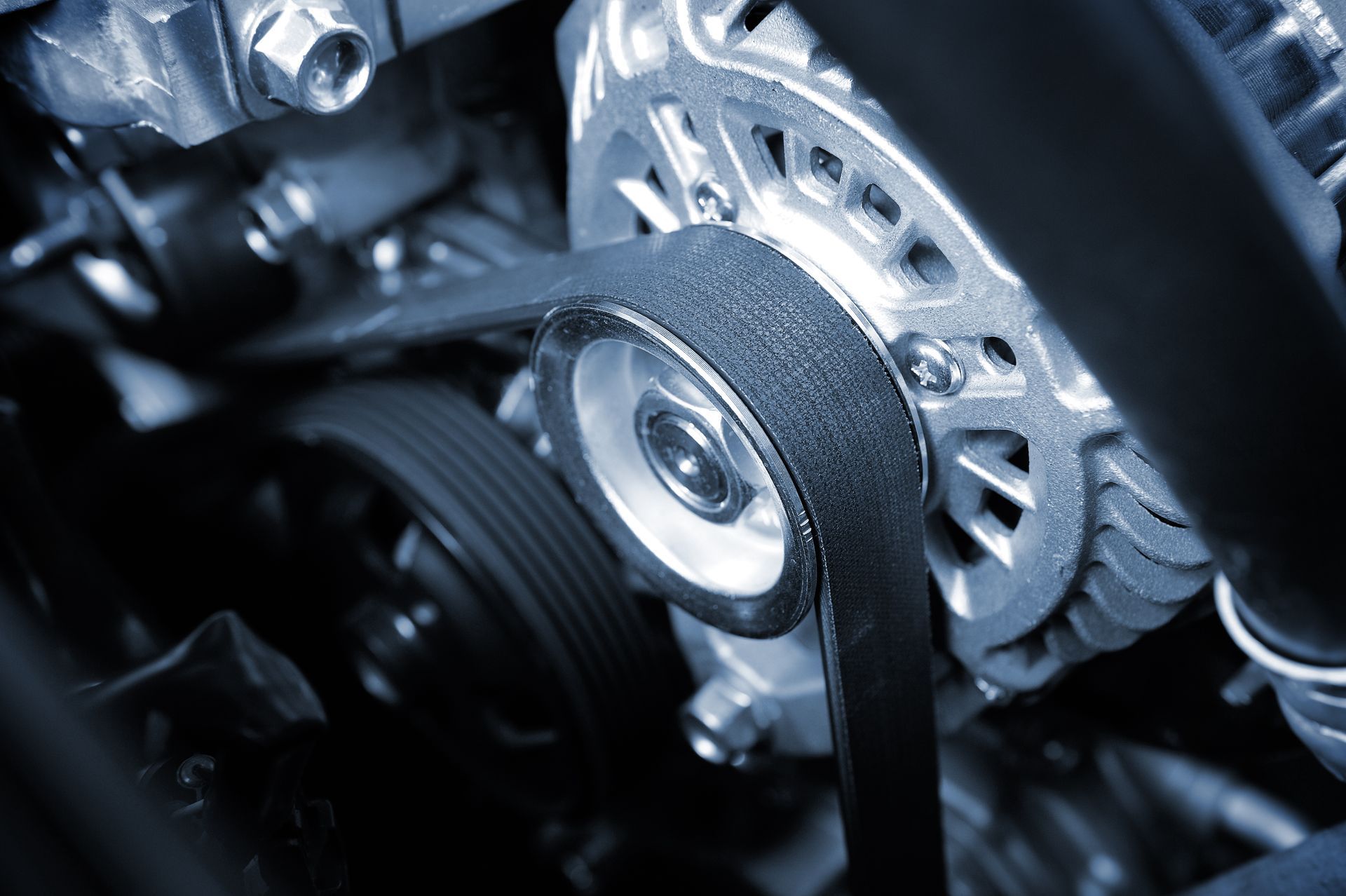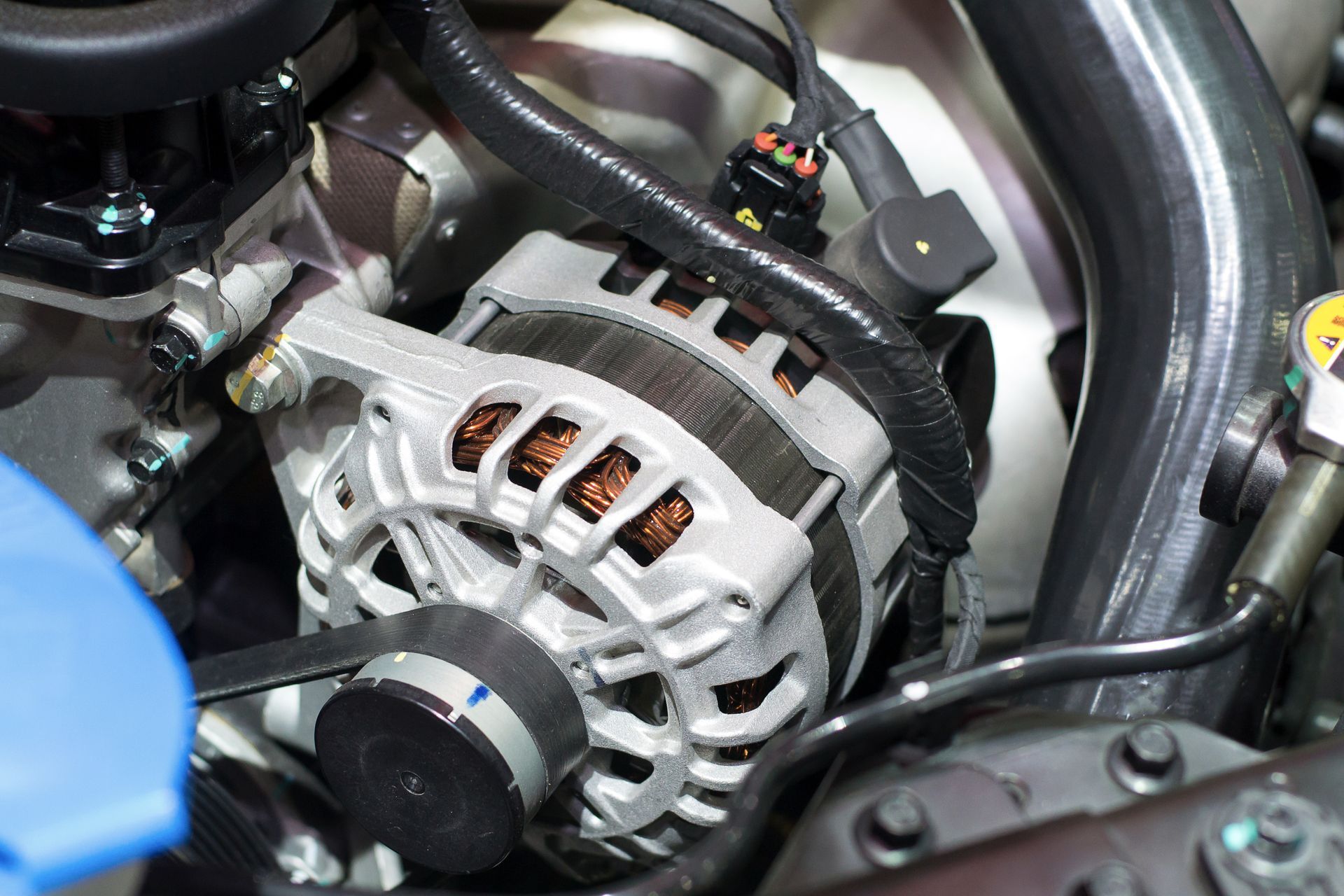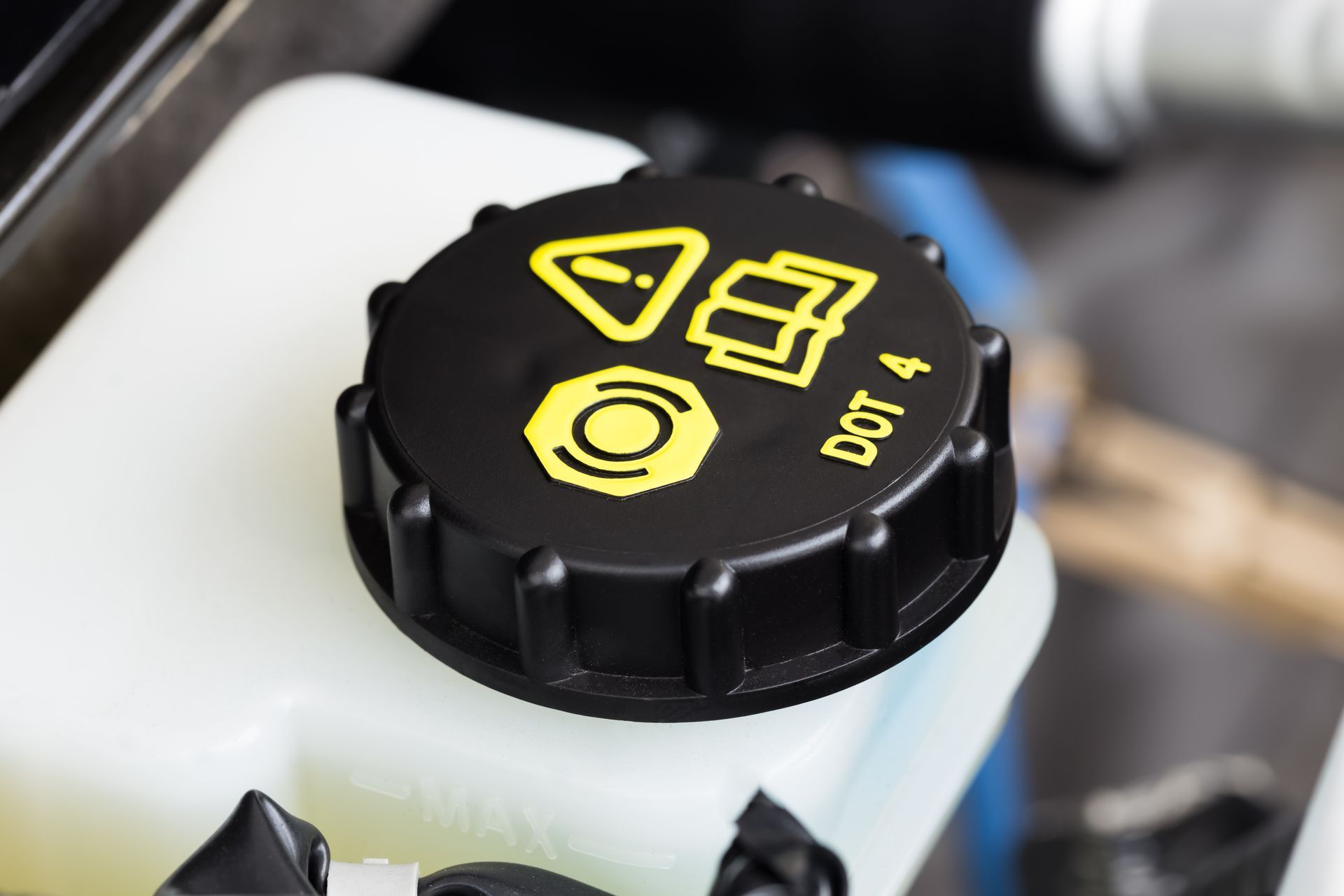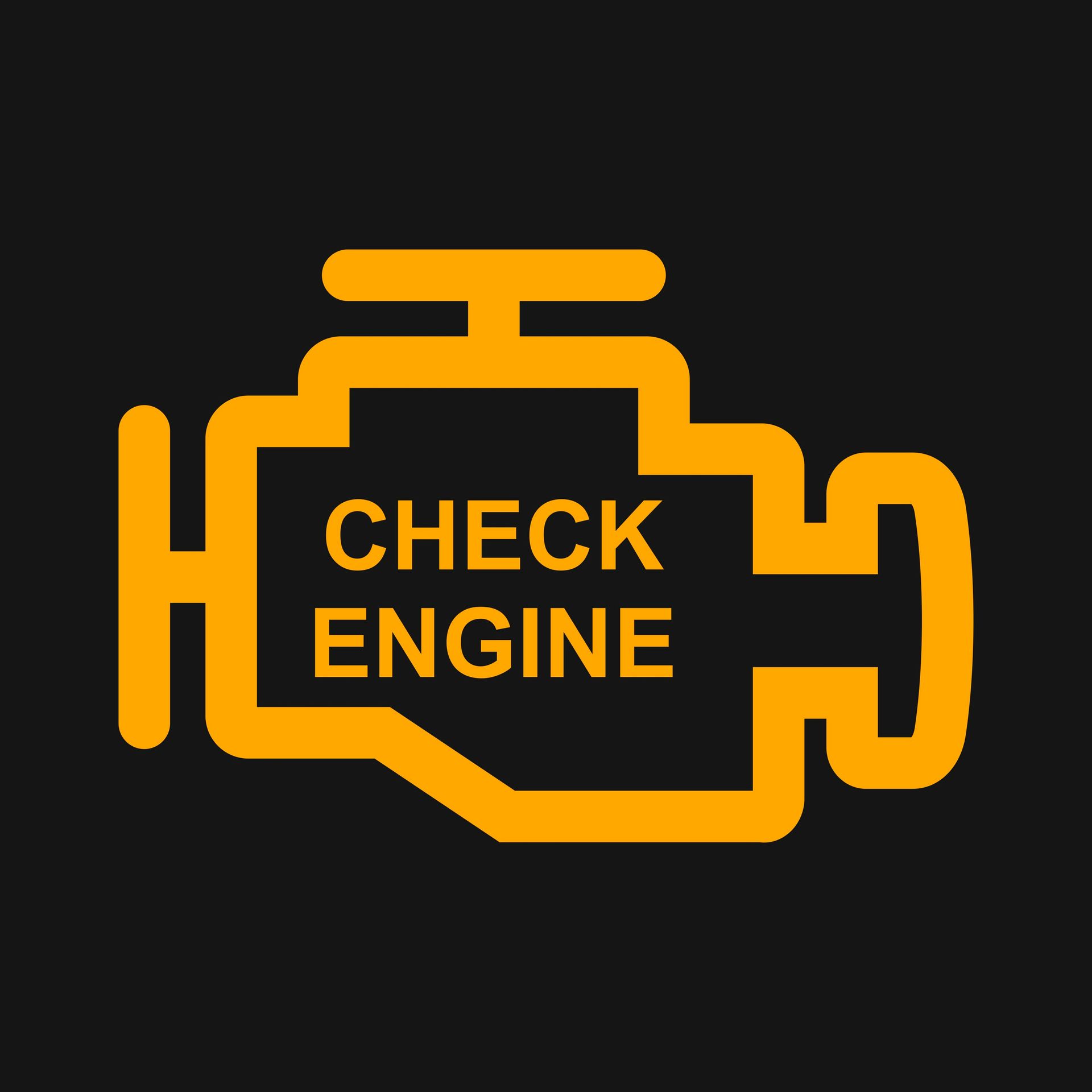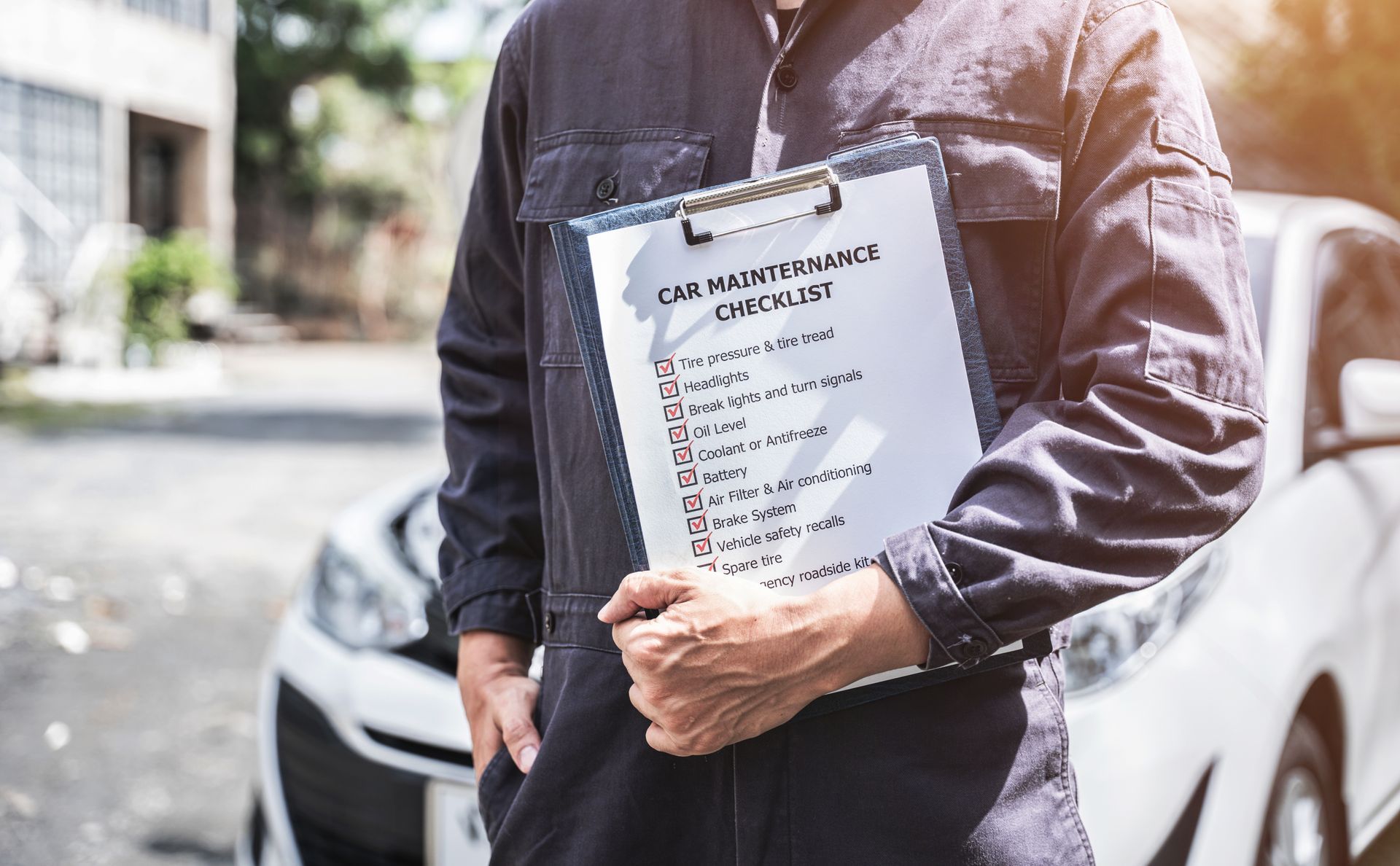For many drivers, reaching the 200,000-mile mark feels like a badge of honor—and it’s more attainable than ever with today’s well-built vehicles. But even the most reliable car won’t get there without consistent care and smart driving habits. If you want your car to go the distance, you’ll need more than just luck. You’ll need a solid maintenance plan and attention to the little things that make a big difference.
Here are ten practical tips to help your car remain dependable and efficient long past the 200,000-mile milestone.
1. Don’t Skip Oil Changes
Routine oil changes are one of the most critical services your vehicle needs. Oil lubricates internal engine parts, reducing friction and heat. When oil breaks down or becomes dirty, it can no longer protect the engine effectively.
Stick to your manufacturer’s recommended oil change intervals, and use the right type of oil for your engine. Whether that’s conventional, synthetic, or a blend, clean oil helps keep your engine running longer and more efficiently.
2. Follow the Maintenance Schedule
Every vehicle comes with a service schedule in the owner’s manual. This guide isn’t just a suggestion—it’s a roadmap to long-term reliability. It tells you when to replace filters, flush fluids, inspect belts, and more.
Keeping up with scheduled maintenance reduces the likelihood of expensive breakdowns and ensures all systems work harmoniously as your vehicle ages.
3. Don’t Ignore Dashboard Warning Lights
Warning lights are your vehicle’s way of telling you something isn’t right. Whether it’s the check engine light, oil pressure warning, or a battery alert, ignoring these signals can lead to costly repairs.
When a warning light comes on, have it checked promptly. Catching issues early is one of the best ways to avoid major damage and extend your car’s lifespan.
4. Monitor and Maintain Your Cooling System
Overheating is a major cause of engine failure. Your cooling system, including the radiator, thermostat, water pump, and hoses, requires regular attention to maintain a safe engine temperature.
Check coolant levels regularly, watch for leaks, and have your cooling system inspected as part of your routine service. Replacing coolant at recommended intervals also prevents corrosion and buildup.
5. Keep an Eye on Transmission Health
Your transmission is just as important as your engine when it comes to longevity. Make sure to follow the recommended transmission fluid change intervals. Low or dirty fluid can cause hard shifting, slipping, or overheating. These are all signs that serious wear is occurring.
If your car hesitates to shift or makes unusual noises during gear changes, have it inspected before the problem worsens.
6. Drive Smoothly and Avoid Aggressive Habits
Hard acceleration, sudden braking, and rapid lane changes don’t just waste fuel—they wear out your vehicle faster. Driving smoothly puts less stress on the engine, transmission, brakes, and suspension.
Treat your car gently, especially during cold starts or hot weather, and you’ll help it stay healthier for longer.
7. Protect Your Suspension and Tires
Your suspension system keeps your ride smooth and your tires in contact with the road. If parts like shocks, struts, or bushings wear out, they can lead to uneven tire wear and poor handling.
Rotate your tires regularly, check alignment, and replace suspension components when needed. Proper suspension care enhances comfort, safety, and the overall longevity of your vehicle.
8. Keep Your Car Clean Inside and Out
Regularly washing your car helps prevent rust, especially in areas with high salt content, humidity, or frequent heavy rainfall. Cleaning the undercarriage is just as important as washing the exterior.
Don’t forget the interior, either. Keeping seats, carpets, and electronics in good condition preserves resale value and makes for a more enjoyable ride.
9. Replace Worn Parts Before They Fail
Waiting until something breaks can cause a chain reaction of problems. For example, a worn serpentine belt can suddenly snap and leave you stranded—or worse, damage other components like the alternator or power steering pump.
When a part shows signs of wear, like frayed belts, cracked hoses, or weak batteries, have it replaced before it fails.
10. Find a Trusted Repair Shop
Having a go-to shop for inspections and repairs makes a big difference. A technician who knows your car and its history can spot potential problems early and offer personalized recommendations to keep it in peak condition.
Consistent care from experienced pros adds years to your vehicle’s life and gives you peace of mind on the road.
Trust Layton’s Garage in Fort Lauderdale, FL, to Keep Your Car Going Strong
At Layton’s Garage in Fort Lauderdale, FL, we believe every car can hit 200,000 miles and beyond with the right care. Whether you need routine maintenance, expert diagnostics, or help creating a personalized service plan, our team is here to help.
We’ll ensure your vehicle remains reliable, efficient, and safe for the long haul. Schedule your next maintenance appointment today and take the first step toward a longer-lasting vehicle.

